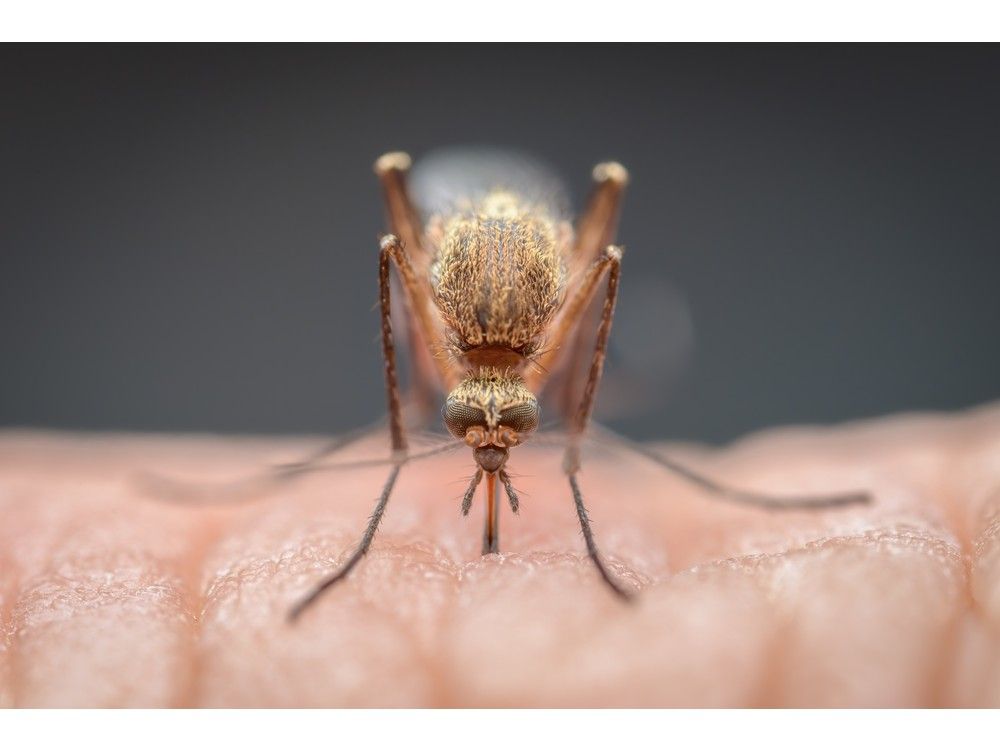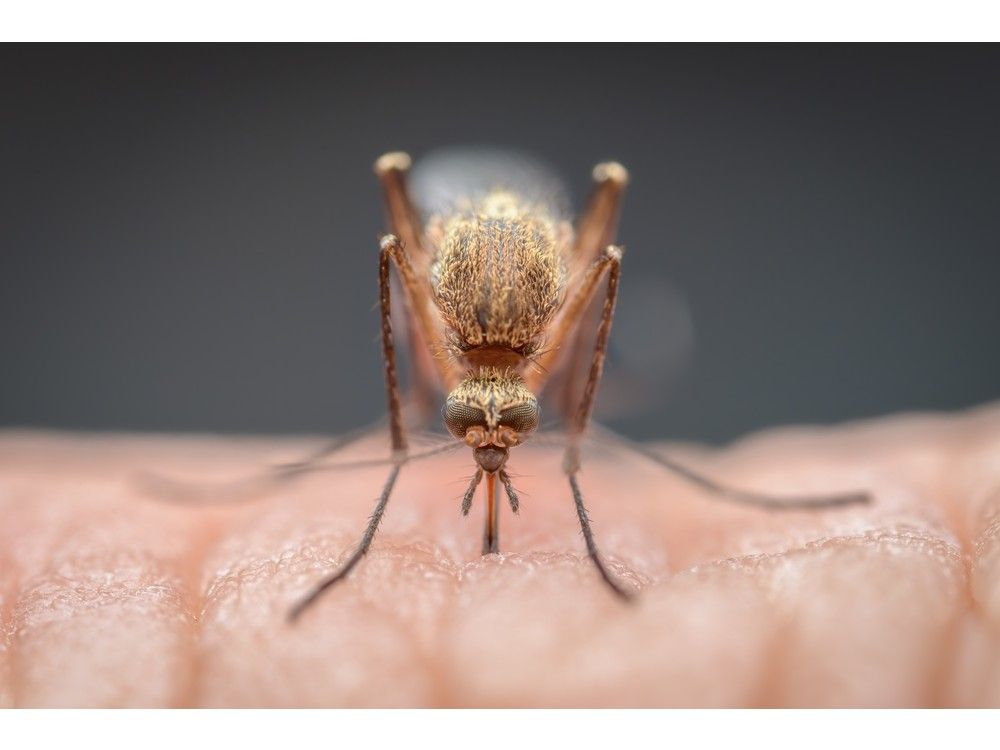
A new study in the New England Journal of Medicine has found that ivermectin,
used to treat tropical diseases such as river blindness, can also fight the spread of malaria. It does so in a way that seems oddly (and satisfyingly) like revenge against the mosquitos that carry the disease. It makes the user’s blood a deadly poison to the insects that want to consume it.
The new study,
Ivermectin to Control Malaria — A Cluster-Randomized Trial
, published this month, found that malaria cases dropped by 26 per cent in those who took the medication monthly. Researchers also noted a drop in cases of lice, scabies and bedbugs among participants in the trial.
The study, led by the
Barcelona Institute for Global Health
, took place in Kwale, a county in coastal Kenya that has a high rate of malaria in spite of such techniques as the use of insecticide-treated nets. Clusters of household areas were assigned to receive mass administration of ivermectin for three months beginning at the start of the rainy season. Children aged 5 to 15 were then tested for malaria infection monthly for 6 months after the first round of treatment.
“Among children 5 to 15 years of age who were living in an area with high coverage and use of bed nets, ivermectin, administered once a month for three consecutive months, resulted in a 26 per cent lower incidence of malaria infection than albendazole (the control drug),” the researchers wrote. They added: “No safety concerns were identified.”
The researchers note that there were 249 million cases of malaria and 608,000 malaria-related deaths in 2022 alone. “Interventions targeting the vector, such as long-lasting insecticide-treated nets or indoor residual spraying, remain the cornerstone of malaria control and are responsible for the estimated 81 per cent reduction in disease burden seen in Africa between 2000 and 2015,” they note. (“Vector” refers to an insect such as a mosquito that transmits a disease such as malaria.)
“However, progress has stalled in recent years (due to) emerging resistance to insecticides and behavioural adaptations, such as outdoor and crepuscular biting.”
Ivermectin isn’t the only drug being tested as a way to kill mosquitoes with the very thing they feed on.
investigated the effects of nitisinone, a drug used to treat rare metabolic disorders.
“The authors show that nitisinone targeted a crucial enzyme that mosquitoes need to digest their blood meal,” those researchers write.
“When female Anopheles mosquitoes in the laboratory consumed blood containing nitisinone, the drug was lethal to young, old, and insecticide-resistant populations and outperformed the mosquitocidal drug ivermectin. Even at low therapeutic doses, nitisinone remained deadly to mosquitoes. These findings warrant further investigation of nitisinone for vector control and the prevention of malaria transmission.”
Our website is the place for the latest breaking news, exclusive scoops, longreads and provocative commentary. Please bookmark nationalpost.com and sign up for our newsletters here.
